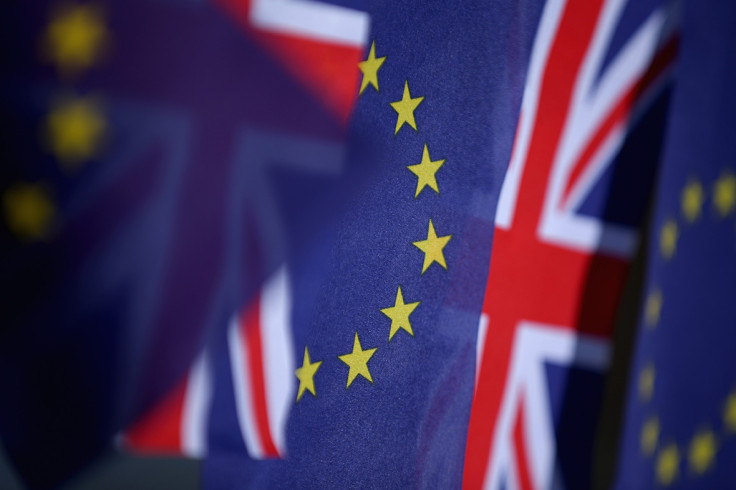EU referendum: Brexit would trigger 'lengthy' negotiations with Brussels warn Lords

The campaign to break away from the EU has taken a blow after a cross-party group of peers warned that a Brexit would trigger "lengthy" and "difficult" negotiations with Brussels. The House of Lords' EU committee admitted no exact precedent exists to the UK, the world's fifth largest economy, leaving the 28-nation-bloc.
But Lord Timothy Boswell, the chair of the committee, concluded that the talks with EU leaders would take "several years". "No firm prediction can be made as to how long the negotiations on withdrawal and a new relationship would take if the UK were to vote to leave the EU," he said.
"It is clear, though, that they would take several years —trade deals between the EU and non-EU States have taken between four and nine years on average."
The group also argued that Article 50 of the Lisbon Treaty would have to be followed for the UK to legally split from the EU, in the event of a "leave" vote at the 23 June ballot.
The measure means Britain would have to declare its interest to break away, and then start negotiations with Brussels. The talks have a two-year-long time limit and the member state automatically splits from the EU if a settlement is not reached.
"It would be in the interests of the UK and its citizens, and in the interests of the remaining member state and their citizens, to achieve a negotiated settlement," Boswell added. "This would almost certainly necessitate extending the negotiating period beyond the two years provided for in Article 50."
The report comes with 49 days to go before the EU referendum, with campaigning briefly slowing as local elections are held across the UK on 5 May. Ukip leader Nigel Farage most recently urged Brexit campaigners to concentrate more on the issue of immigration.
"What we need to do, what the leave campaign needs to do and what I urge Vote Leave, the official designated vehicle, we have got to get into the other half of the pitch – we have got to start attacking the enemy's goal," the Eurosceptic firebrand declared.
"And where the enemy are at their absolute weakest is on this whole question of open-door migration, the effect that it has had on the lives of ordinary Britons over the course of the last decade and the threat that it poses given the new terror and security threat that we face in the West."
© Copyright IBTimes 2025. All rights reserved.






















